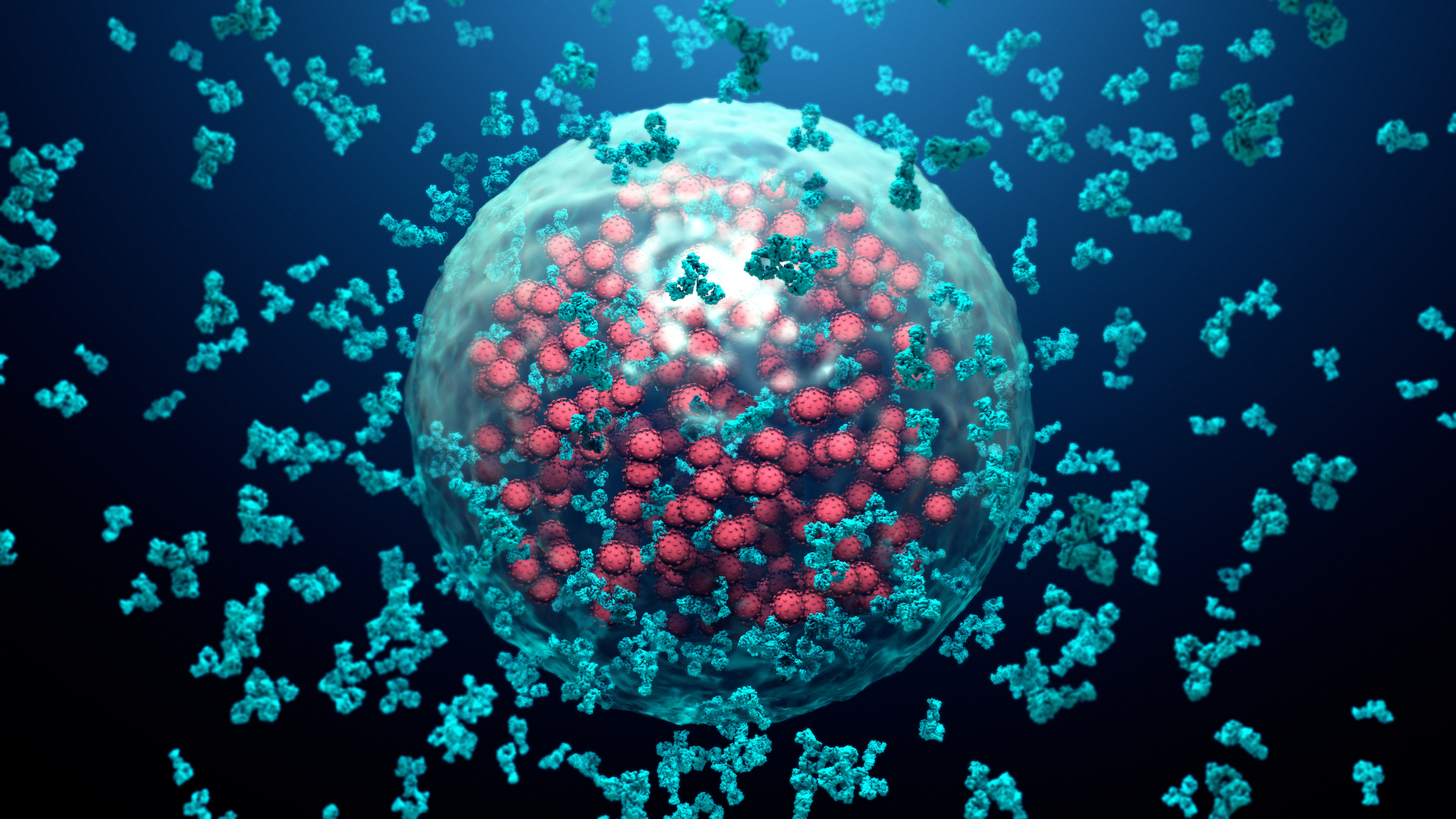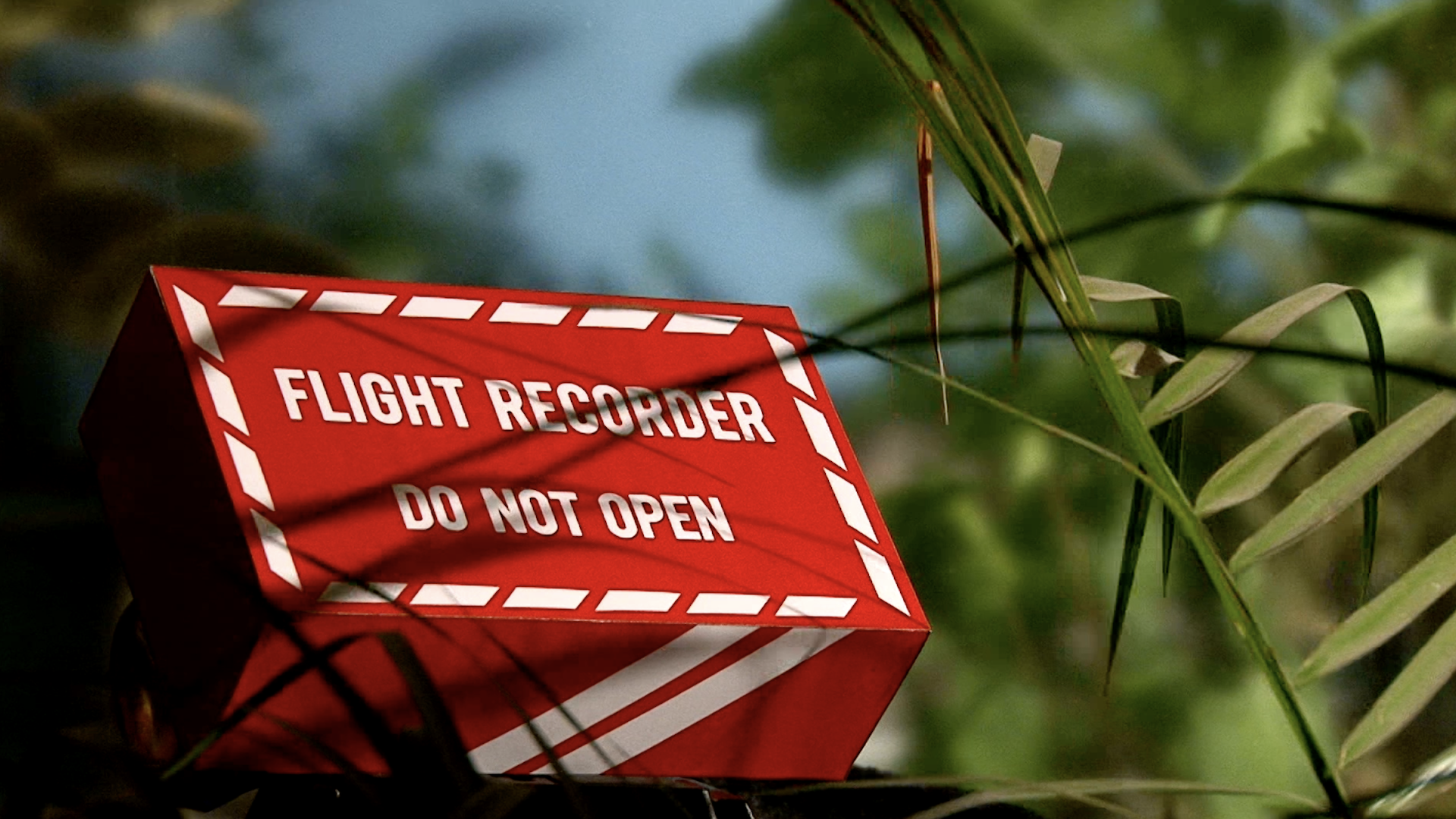Pfizer vaccine works against coronavirus mutation in UK and S. Africa variants
Vaccines will likely continue to work against these new strains.

Pfizer's coronavirus vaccine is effective against a key mutation found in variants of the virus that are spreading faster than the original strain, according to an early study.
While viruses mutate all the time, scientists worry that some of the new mutations in the novel coronavirus, specifically those in a new variant discovered in South Africa, may make vaccines less effective, Live Science previously reported. The South Africa variant, known as 501.V2, as well as another variant discovered in the U.K. known as B.1.1.7, both seem to spread more easily than the original virus, likely because they both have some of the same mutations in the SARS-CoV-2 spike protein, the weapon the virus uses to invade human cells.
Scientists are now working to understand how these mutations might impact the effectiveness of COVID-19 vaccines. A group of researchers from Pfizer and the University of Texas Medical Branch in Galveston generated a version of the coronavirus that included a mutation called N501Y, which is present on the spike protein of both the variants found in the U.K. and South Africa.
Related: 20 of the worst epidemics and pandemics in history
This mutation is of "particular concern," because it's located on the binding site of the spike protein and is known to increase the ability of the virus to bind to human cells, the authors wrote in the study, which was published Jan. 7 to the preprint database bioRxiv, and has not yet been peer-reviewed.
To figure out how the mutation may impact vaccines, the researchers compared how a virus with this new mutation fared against the vaccine, compared with an earlier version of the virus that didn't carry this mutation. To do this, they tested whether the viruses were neutralized in blood samples taken from 20 people who had been previously vaccinated with the Pfizer-BioNTech vaccine; because these people had been vaccinated, their blood samples contained molecules that could fight the virus, including so-called neutralizing antibodies that prevent the coronavirus from entering cells in the first place.
There was "no reduction in neutralization activity against the virus bearing the" new mutation, the researchers wrote in the study. However, a "limitation" of the study is that the researchers didn't test a variant that included all the mutations found on the spike proteins of the rapidly spreading strains in the U.K. and South Africa, they wrote.
Sign up for the Live Science daily newsletter now
Get the world’s most fascinating discoveries delivered straight to your inbox.
But the researchers are looking into these other mutations in additional studies, Phil Dormitzer, Pfizer's vice president and chief scientific officer of viral vaccines, told STAT. Moderna and AstraZeneca are also conducting similar experiments, according to The Associated Press.
Because the SARS-CoV-2 virus, like other viruses, will continue to evolve, it's important to continuously monitor them for mutations that could affect the vaccine's effectiveness and to be prepared for the possibility of a future mutation that would necessitate changes to vaccines, the researchers wrote.
"Such a vaccine update would be facilitated by the flexibility of mRNA-based vaccine technology," they added.
In other words, since both Pfizer and Moderna created mRNA-based vaccines, the researchers would just need to swap out the genetic code they used to code for the spike protein in those vaccines with a new version that includes the new mutations, Live Science previously reported. "These data don't suggest a need for a change, but the mutations are hitting close enough to home that we need to be prepared," Dormitzer told STAT.
Originally published on Live Science.

Yasemin is a staff writer at Live Science, covering health, neuroscience and biology. Her work has appeared in Scientific American, Science and the San Jose Mercury News. She has a bachelor's degree in biomedical engineering from the University of Connecticut and a graduate certificate in science communication from the University of California, Santa Cruz.










